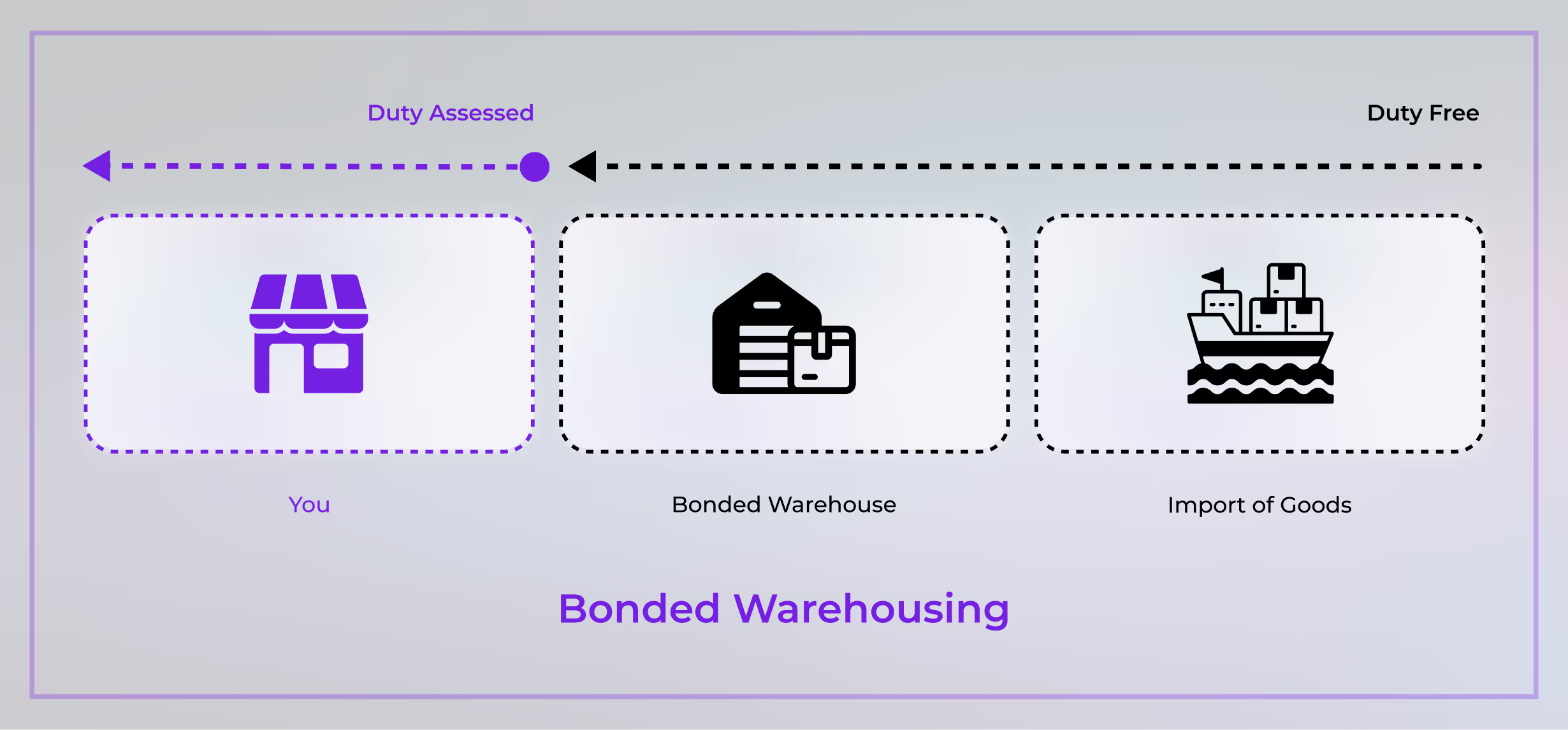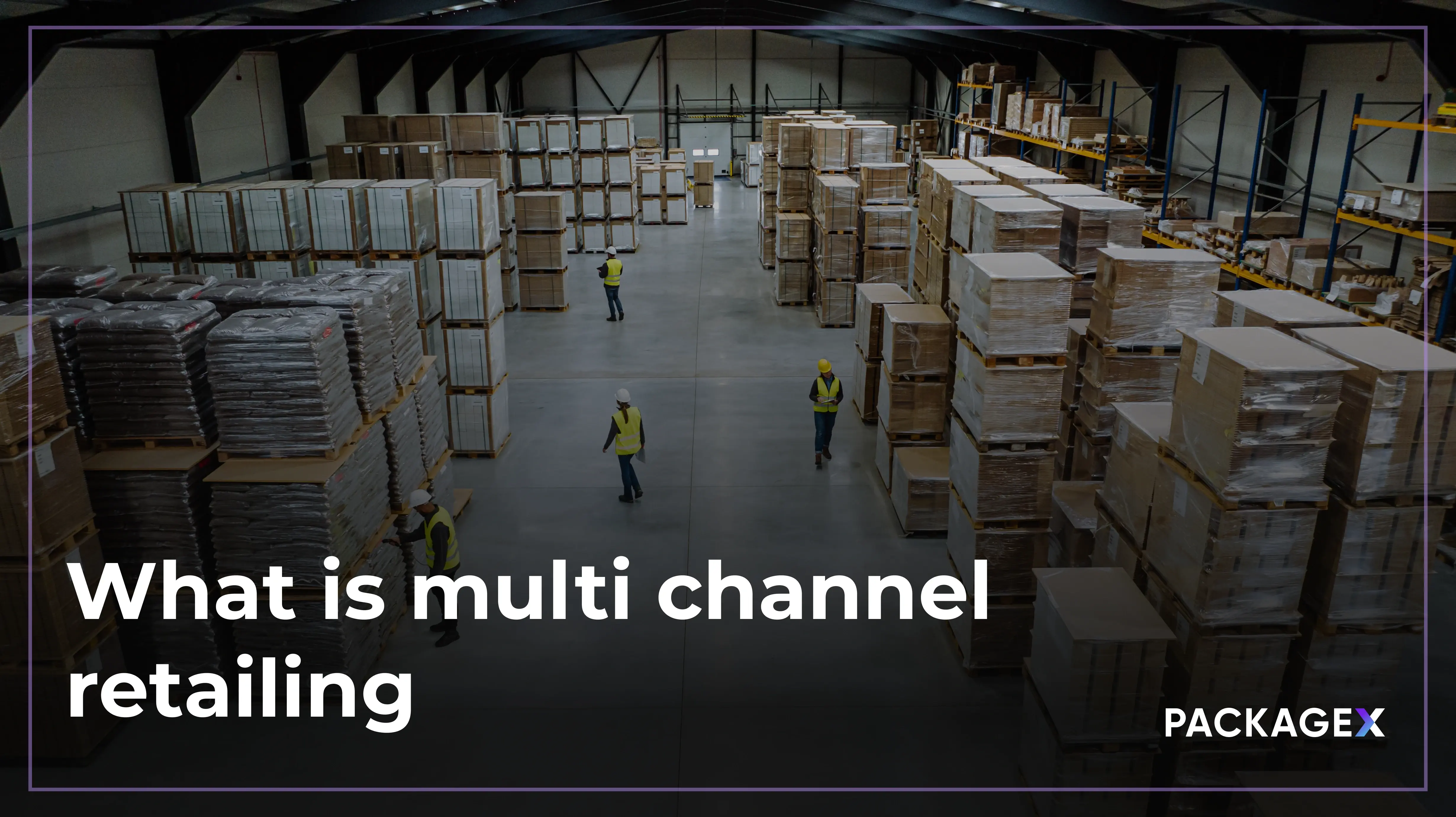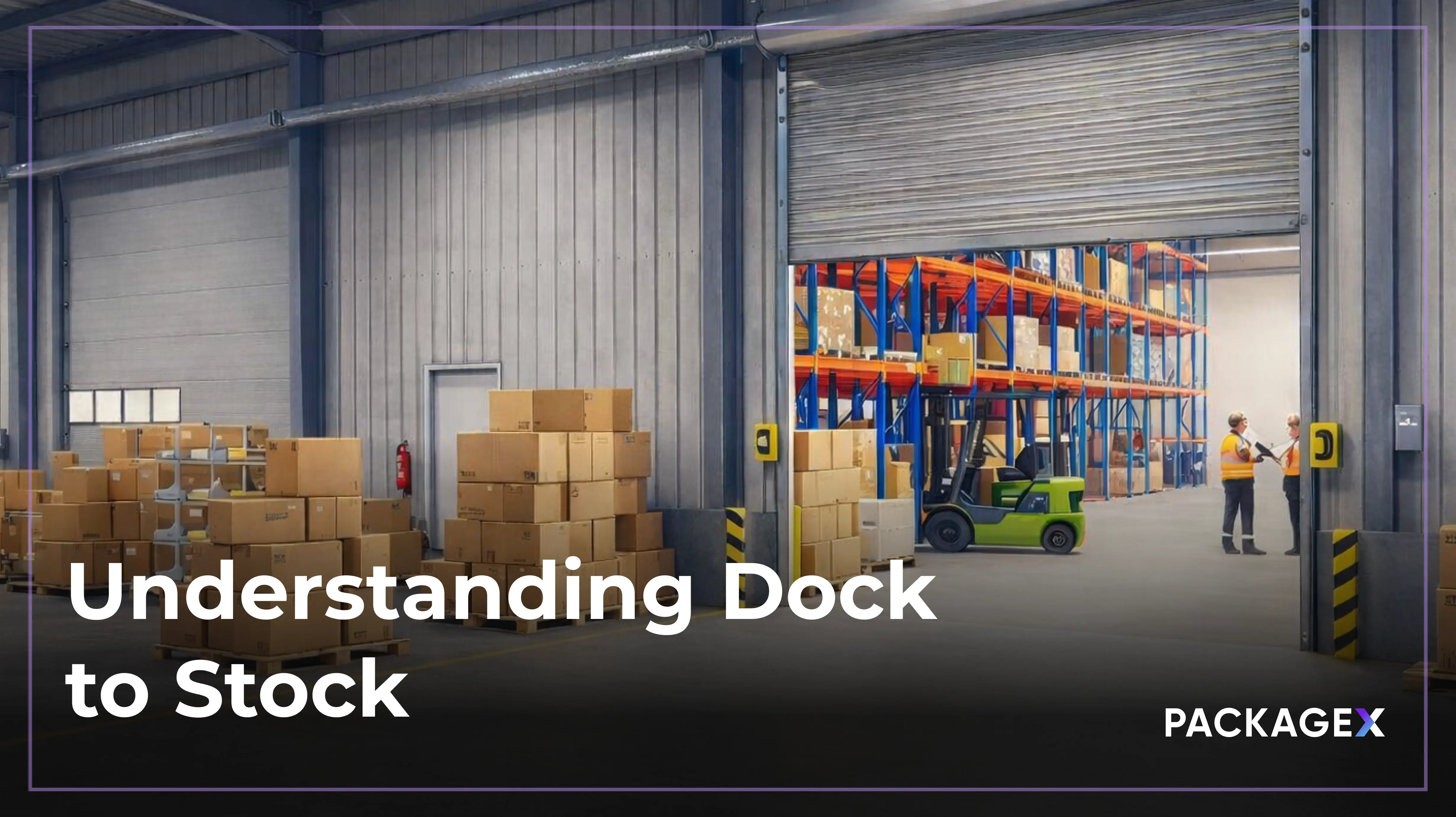Expanding a retail business internationally can be a major opportunity for growth and success. However, it also comes with a host of challenges and risks, including logistical challenges and regulatory requirements. Before retailers can successfully expand into new international markets, it is crucial to take certain steps to ensure a smooth and efficient process. This includes conducting thorough market research, developing a comprehensive business plan, and identifying legal and regulatory requirements. One important factor to consider is the use of bonded warehouses.
This article explores how bonded warehouses can help retailers expand into new international markets and facilitate convenient international shipping. We will also discuss how retailers can choose the right bonded warehouse for their business needs. By understanding the benefits of bonded warehouses and following the steps outlined in this article, retailers can minimize risks and costs associated with international expansion and pave the way for a successful global presence.
What is a Bonded Warehouse?
A bonded warehouse is a secure storage facility that the government authorizes to store imported goods (that are subject to duties) before they are released into the local market or exported to another country. These goods are stored, handled, or even processed there before customs duties are paid. The main purpose of a customs-bonded warehouse is to provide a secure and convenient location for the storage of goods while they await clearance by customs authorities and payment of customs duties and taxes. When should you use a bonded warehouse as a retailer? If you’re looking to manage expenses on international sales, since you don’t have to pay duties and taxes all at once, it really cuts down the costs of importing large quantities of products.
Bonded warehouses can be either privately or government-owned. They’re typically found in foreign countries, making them a useful option for businesses looking to manage their inventory efficiently. Private companies typically operate bonded warehouses under the supervision of customs authorities and are subject to strict regulations and guidelines. Goods stored in a bonded warehouse are called “bonded products” or “cargo”, and while stored are considered to be "in bond". They can be held there for an extended period of time, allowing retailers to defer payment of duties and taxes until the products are released from the warehouse. Bonded warehouses also provide additional services such as packaging, labeling, and distribution, making them a popular choice for retailers looking to expand their operations into new international markets.

What Type of Goods Can Be Stored in Bonded Warehouses?
A wide range of imported products can be stored as bonded goods. So, anything from food and beverages to electronics and automobiles. Let’s look at some examples:
- Raw materials used to manufacture finished goods, including chemicals, textiles, and metals
- Finished goods such as electronics and clothing
- Perishable goods, like food products
- High-value goods, including artwork, luxury items, and jewelry
- Hazardous goods such as flammable liquids and chemicals
Bonded Warehouses vs. Non-Bonded Warehouses: What's the Difference?
Bonded and non-bonded warehouses differ in purpose, storage period, duties and taxes protocol, and customs control.
Deciding to house inventory between bonded and non bonded warehouses is not a simple decision for all retailers. The selection depends on several factors and can vary based on a retailer's needs and circumstances, and sometimes leads retailers to use a combination of both warehouse types.
In the case of international operations, when goods clear customs in a specific country, goods commonly need to be stored in another warehouse before order fulfillment. It could be due to multiple reasons, such as optimizing distribution networks, reducing shipping costs, or meeting local demand requirements. To mitigate these challenges, retailers often employ a combination of bonded and non-bonded warehouses as part of their overall supply chain strategy.
By strategically leveraging a network of bonded and non-bonded warehouses, retailers can establish an efficient supply chain that balances cost-effectiveness, compliance with customs regulations, and timely delivery to customers. This approach allows flexibility and adaptability to meet market demands while minimizing logistical complexities.
However, bonded warehouses offer several advantages, making them more conducive to retail operations than non-bonded warehouses alone. With bonded warehouses, retailers can defer customs duties and taxes, improve cash flow and allocate resources strategically. With extended storage durations, they can effectively manage inventory during seasonal fluctuations and meet varying customer demands.
How Do Bonded Warehouses Work?
Retailers planning to use bonded warehouses must know how the flow of inventory within these facilities influences fulfillment logistics. Bonded warehousing works in the following manner:
1. Goods arrive at the bonded warehouse
Items are imported to a customs-bonded warehouse where the importer and the warehouse owner assume liability under the warehouse bond. All applicable duties and taxes are deferred at this stage until the bonded products leave the warehouse.
2. Goods are stored appropriately
Bonded products are then stored using specialized storage services, like bulk liquid storage or a deep freeze, based on the product type.
3. Goods undergo manipulation & manufacturing
Bonded goods can also be sorted, repacked, or manipulated while stored in the warehouse. If the stored items are raw materials, they may also undergo manufacturing operations at this stage.
4. Order fulfillment
The bonded products are fulfilled to the customer once the manufacturing or manipulation process is complete. Bonded warehouses also act as fulfillment centers, with dedicated staff for picking, packing, and shipping orders.
5. Payment of duties & taxes upon release
Retailers pay all the duties, taxes, and fees once the bonded goods are distributed to the customers or withdrawn for consumption.
Benefits of Bonded Warehouses for Retailers
Bonded warehouses offer a variety of benefits that make them an attractive option for retailers engaged in international trade and expansion. Some major benefits include the following:
Duty deferment
Duty deferment refers to the delayed payment of customs duties and taxes. Retailers can store their imported goods in a bonded warehouse without immediately paying the associated duties and taxes. This helps improve cash flow by postponing the financial obligation until the goods are released from the warehouse.
Long-term storage
Retailers can utilize bonded storage for long-term storage of their goods for up to five years. This enables them to maintain inventory levels without the pressure of immediate distribution, providing flexibility in managing seasonal or fluctuating demand.
In-house fulfillment services
Many bonded warehouses offer additional order fulfillment services like packaging, labeling, order processing, and shipping. Retailers can leverage these in-house services to streamline operations, reduce costs, and enhance efficiency in fulfilling customer orders.
Preservation of product quality
Bonded warehouses often provide specialized storage facilities to preserve the quality of goods. These may include dry containers, deep freeze systems for perishable items, temperature-controlled facilities for sensitive products, and bulk storage facilities. Such conditions ensure that the goods remain in optimal condition during storage, maintaining their quality and market value.
Better Cash Flow
Delaying customs duties until products are released for local consumption allows for better cash flow management.
Improved Stock Management
Offers flexibility in inventory management and space allocation, helping streamline processes and reduce costs.
Increased Supply Chain Efficiency
Storing the goods in a warehouse reduces fuel costs and delivery times by locating warehouses near major transportation hubs.
Convenience for Restricted Goods
Securely stores restricted goods while importers complete necessary paperwork without a 5-year duty deferral limit.
How to Choose a Bonded Warehouse as a Retailer?
When choosing a bonded warehouse as a retailer, some factors to consider include:
- Location: Retailers should choose a bonded warehouse closer to their target market or customers to minimize transportation costs and delivery times.
- Services offered: Look for a bonded warehouse that provides the services needed, such as storage, inventory management, and order fulfillment.
- Security: Ensure that the bonded warehouse has adequate security measures in place to protect the inventory from theft or damage.
- Capacity: Make sure the bonded warehouse has the capacity to store the inventory and handle the volume of anticipated orders.
- Technology: Look for a bonded warehouse that uses technology to manage inventory and track shipments, which can help improve efficiency and reduce errors.
- Cost: Compare the cost of using different bonded warehouses, considering any additional fees or charges for services like storage, handling, and distribution. Aim for a bonded warehouse that offers a good balance of cost and quality.
{{returns-webinar}}
Conclusion
Expanding into international markets can be a significant growth opportunity for retailers. When venturing into global markets, utilizing bonded warehouses holds crucial importance.
Bonded warehouses provide retailers with strategic advantages, including duty deferment, efficient inventory management, flexibility in storage, access to value-added services, compliance with regulations, enhanced security, and streamlined customs procedures. By leveraging these benefits, retailers can confidently navigate international markets, minimize costs, improve operational efficiency, and establish a strong global presence.
How Can PackageX Optimize Bonded Warehouse Operations?
PackageX offers an advanced warehouse management system for bonded warehouses that brings efficiency and modernization to warehousing. Through its industry-leading inventory and fulfillment technology, PackageX digitizes manual processes, eliminating the need for paper-based systems and reducing human error. By automating tasks such as inventory receiving, tracking, sorting, and order fulfillment (pick, pack, and ship), warehouse managers can streamline their operations and improve overall efficiency.
PackageX offers real-time visibility into inventory levels, enabling warehouse managers to accurately track stock levels and monitor product availability. This helps optimize inventory management and ensures timely fulfillment of customer orders. Moreover, PackageX facilitates seamless connectivity between retailers, suppliers, and warehouse teams. With easy-to-use apps and APIs, warehouse teams can collaborate with retailers and suppliers, provide real-time updates to customers, and enhance communication and coordination within the team.



.webp)
